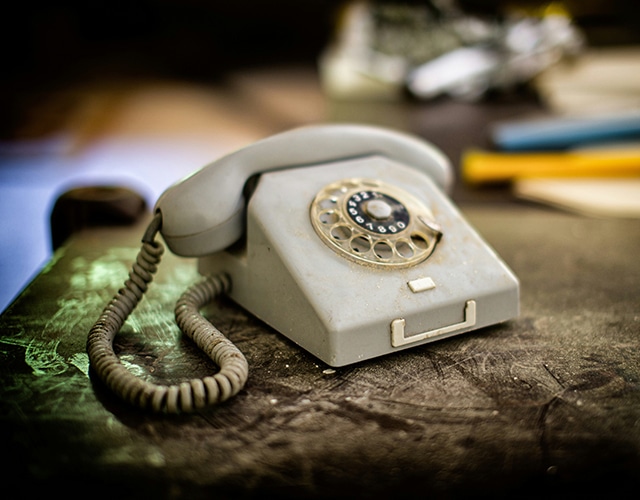When millions of AT&T customers across the country briefly lost their cellphone service last month, Francella Jackson, 61, of Fairview Heights, Illinois, said she picked up her well-worn Southwestern Bell push-button landline phone and called her friends “just so we could laugh at the people who could not use their phones.”
Derek Shaw, 68, of York, Pennsylvania, said he has an Android mobile phone but prefers talking on his black cordless landline at home. The sound quality is better, he said, and the phone is easier to hold during long conversations. Shaw said he also likes talking to people face to face rather than on Zoom and never got rid of his vinyl record collection when CDs got hot in the 1990s.
“I’ve never even thought about giving up my landline,” he said.
To many, landline phones have come to seem as essential as steamships and telegrams in the smartphone era. But to those who still use them, they offer distinct advantages. Prompted by the AT&T outage Feb. 22 and a push by AT&T to phase out traditional landlines in California, those who have them are speaking out in defense of their old phones.
To them, the landline is a lifeline during power outages; a welcome throwback to the era before doomscrolling and push alerts; and a more comfortable, better-sounding alternative to tinny, thin smartphones.
“I love my landline,” said Jackson, who has had hers since the 1980s. “People call me old-fashioned, but I’ll be old-fashioned.”
Some younger people also see upsides to landlines. Cory Sechrest, 32, of Chicago, said he and his girlfriend got a pink landline phone to use just in case the power goes out. He said he doesn’t know anyone else his age who has one.
When friends visit, “They take a pause, look at it and say, ‘What’s that?’” he said. “It gets a few chuckles.”
About 73% of American adults lived in a household with no landline but at least one cellphone in 2022, according to the most recent data collected by the federal government. Age, not surprisingly, was a key factor in phone use. Nearly 90% of Americans ages 25 to 29 reported that they used only cellphones, compared to less than half of Americans older than 65.
c.2024 The New York Times Company. This article originally appeared in The New York Times.







